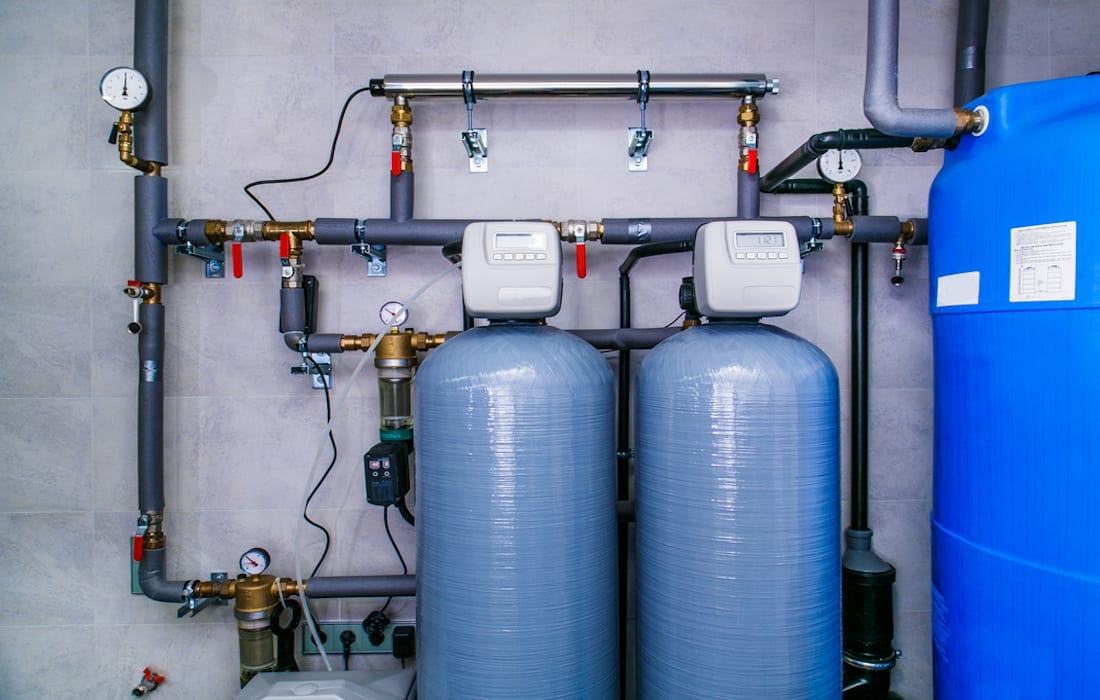Now Reading: How to Soften Water and Save Your Appliances Today 2025
-
01
How to Soften Water and Save Your Appliances Today 2025
How to Soften Water and Save Your Appliances Today 2025
Table of Contents
Hard water is a common issue in many households across the world. It not only affects the taste of drinking water Soften but also damages appliances, clogs plumbing, reduces soap effectiveness, and leaves white residue on faucets and dishes. Thankfully, there are several ways to soften water, both naturally and using technology. Whether you are a homeowner, renter, or business owner, understanding how to soften water can protect your health, save money, and improve the efficiency of your daily routines.
This article will guide you through what hard water is, why it matters, and the best solutions for softening it both short-term and long-term.
What Is Hard Water?
Hard water is water that contains high levels of dissolved minerals, mainly calcium and magnesium. These minerals are naturally present in the soil and rocks through which water flows. The more time water spends underground or in mineral-rich areas, the harder it becomes.
You can usually tell your water is hard if:
- Soap doesn’t lather well
- White spots appear on dishes or glassware
- You feel a film on your skin after bathing
- Appliances like water heaters and washing machines break down often
- Clothes come out stiff or dingy from the washer
Why Soften Water?
Hard water is not dangerous to drink, but it causes several issues in homes and industries:
- Scale buildup in pipes and appliances, which can lead to reduced efficiency and costly repairs
- Dry skin and hair due to soap not rinsing off properly
- Increased energy bills because appliances use more energy when clogged with mineral deposits
- More detergent use as soaps are less effective in hard water
- Shorter lifespan of clothing and household equipment
Softening your water can help prevent these problems and make your home more energy- and cost-efficient.
Top Ways to Soften Water
There are two main categories of water softening: chemical/mechanical methods and natural solutions. Here’s a breakdown of each option.
1. Install a Water Softener System
A water softener is a device that removes calcium and magnesium through a process called ion exchange. These systems typically replace hard minerals with sodium or potassium ions.
How It Works:
- Hard water flows into a tank containing resin beads
- The beads attract and hold onto calcium and magnesium
- Sodium or potassium is released into the water in exchange
- The resin beads are then flushed clean with a salt solution during regeneration
Pros:
- Effective for entire homes
- Long-lasting solution
- Reduces scale buildup dramatically
Cons:
- Requires space and plumbing installation
- Ongoing maintenance (adding salt)
- May not be suitable for people on a low-sodium diet (sodium-based softeners)
If you want to water throughout your house, especially for appliances like washing machines and water heaters, this is the most effective and permanent method.
2. Use a Salt-Free Water Conditioner
Salt-free water conditioners do not technically “” water but prevent scale from forming by neutralizing minerals instead of removing them. They are often called descalers or water conditioners.
How It Works:
- Alters the structure of calcium and magnesium ions
- Prevents them from sticking to surfaces and forming deposits
Pros:
- Maintenance-free
- Eco-friendly (no salt discharge)
- Doesn’t add sodium to water
Cons:
- Less effective in extremely hard water
- Doesn’t improve soap lathering or eliminate mineral content
These are ideal for households that want to reduce maintenance and environmental impact without installing a full softener.
3. Try DIY Methods for Small-Scale Softening
If you’re not ready to install a system, here are some short-term or small-scale solutions you can use:
Boiling Water:
Boiling temporarily removes some calcium content from hard water. It’s effective for cooking or small cleaning tasks but not for daily use.
Use White Vinegar or Lemon Juice:
Adding vinegar or lemon juice when washing dishes or hair can reduce the effects of hard water. The acid reacts with minerals and helps reduce buildup.
Buy Water Softening Showerheads or Filters:
These attach to faucets or showerheads and contain small filters that trap minerals. They are easy to install and good for renters or travelers.
Use Washing Soda for Laundry:
Sodium carbonate, or washing soda, can water for laundry. It helps soap lather and reduces buildup on clothes.
4. Consider Reverse Osmosis (RO) Systems
A reverse osmosis system forces water through a semi-permeable membrane that removes minerals, chemicals, and impurities. Though not designed specifically to water, RO systems can significantly reduce hardness in drinking water.
Pros:
- Produces clean, mineral-free drinking water
- Removes multiple contaminants
Cons:
- Expensive installation and maintenance
- Not for whole-house use unless upgraded with multiple filters
RO systems are ideal for people who want purified, soft drinking water without the taste or scale of hard minerals.
Final Thoughts
Hard water can be a nuisance, but it’s easy to manage once you understand your options. From full-scale softeners to quick DIY fixes, there’s a solution for every budget and household need. Softening your water improves the health of your plumbing, appliances, skin, and wallet.
If you’re unsure how hard your water is, start by testing it with an at-home water test kit or consulting a local water expert. Once you know your water hardness level, you can choose the most effective method to solve the problem for good.
Whether you’re aiming to protect your pipes, improve your skin, or save on bills, softening your water is a smart investment in your home and health.
Read More:- Shobha Realty Launches Its Most Luxurious Project Yet—Full Details Inside 2025






















